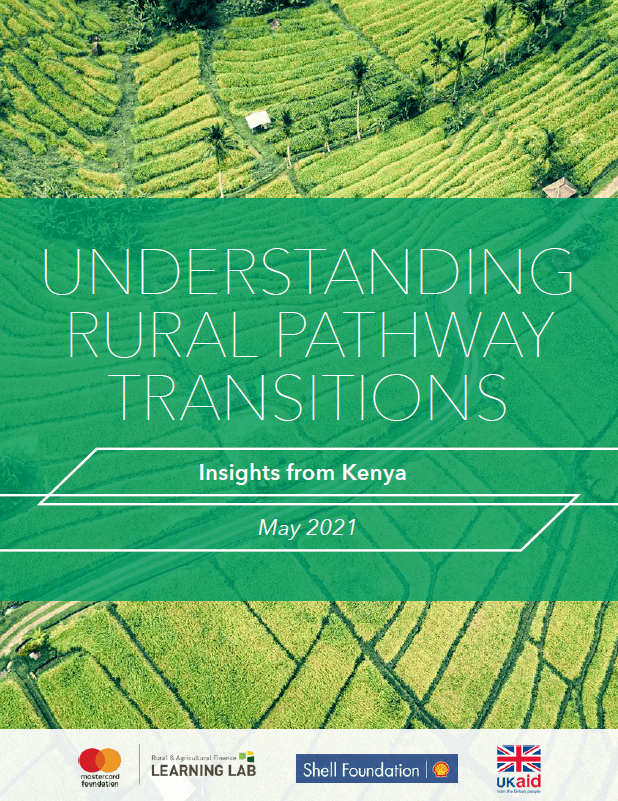24 August 2021. The CASA 4x4 is a collaboration with the Shell Foundation. It is sharing findings and insights from the Understanding Rural Pathway Transitions report. The report advocates mapping rural households’ economic and social circumstances to align support to meet the needs and aspirations of rural households.
The report was a collaboration between Shell Foundation and MasterCard Foundation’s Rural & Agricultural Finance Learning Lab, with support from Foreign, Commonwealth and Development Office (FCDO). There are three 4x4 drivers this month. They share 4 insights on how a nuanced understanding of rural household needs can impact business performance.
- Dan Haglund, senior private sector adviser in FCDO Agriculture Research, shares an overview of the report. He explained why the Understanding Rural Pathway Transitions is important and what investors, and others can learn.
- Nidhi Pant transitions from a chemical engineer to a farmer and entrepreneur. She is co-founder from Science for Society (S4S) Technologies. She talked about how the rural pathways approach to segmentation helped define their business model. She also advocated how other enterprises and funders may maximize the benefits of the rural pathways model.
- Thomas Njeru is co-founder and co-CEO of Pula. As one of the youngest actuaries in Kenya, he is redefining the insurance offer for smallholder farmers in developing countries. He talked about the importance of partnerships and the difference between clients, beneficiaries, and customers.
CASA (2021) Understanding Rural Pathway Transitions Insights from Kenya. 52 p.
With interviews of 1,225 rural households in Kenya this report presents a dynamic understanding their different and evolving aspirations, livelihoods, and needs over an extended period. The research looks in detail at four pathways that play a vital role in rural economies: the vulnerable subsistence farmer, the traditional commercialising farmer, the small to medium (SME) agribusiness owner, and the micro-entrepreneur.Different stakeholders in the development sector can apply the research to:
- Design better customer research to understand what customers might need today and tomorrow to design more tailored and sequenced products and services that can help rural households progress.
- Develop stronger and more thorough impact and investment theses with long-term horizons to get a more accurate assessment of the impact-return trade-off, and how this might change over time.
- Develop more effective collaboration between actors working in the rural livelihoods sector by using a common language about target beneficiaries, Pathway transitions, and how different actors fit into that journey. This will allow stakeholders to better collaborate based on aligned expectations.
Background:
Understanding how rural households and their needs might evolve over time is fundamental to
providing better products and services to these clients—and to designing more inclusive rural
economic development strategies.
The introduction of the Rural Pathways Model in Pathways to Prosperity was an important step forward in thinking more dynamically about rural households.
- This model laid out seven different Pathways that rural households might take as they pursue different livelihood strategies and seek to increase their incomes, resilience, and agency.
- Since the report was published in 2019, the Rural Pathways Model has been widely adopted by a diverse set of actors in the sector.
- Donors and investors such as the European Union, Ceniarth and FCDO Nigeria have adopted the frameworks presented in Pathways to Prosperity to help rethink and structure future rural investment strategies and programming.
Recording:


No comments:
Post a Comment